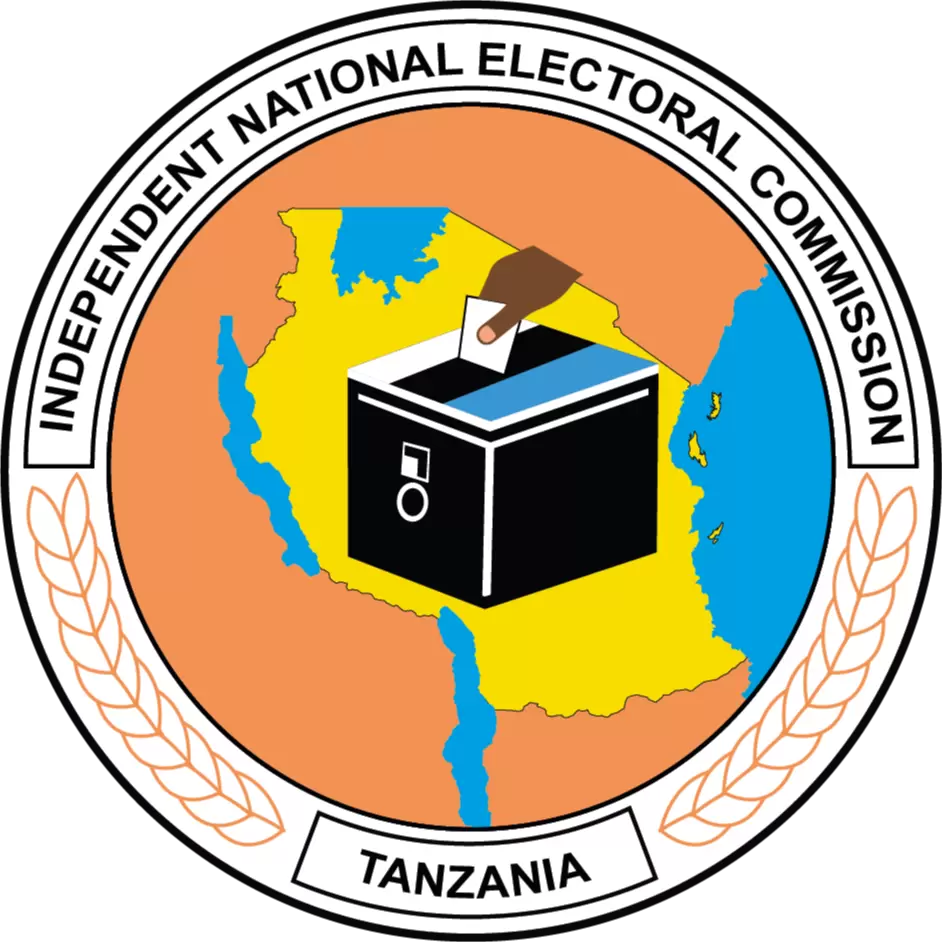Drought tolerance in transgenic tropical maize (Zea mays L.) by heterologous expression of peroxiredoxin 2 gene-XvPrx2.
- 4th April, 2022 10:38
- By CHONA.MAHUSHI
- Papers
Author(s) : Seth MS, Bedada LT, Runo SM, Ngugi MP, Iyer R, Thomson JA, Mneney EE and Oduor RO
Transformation of a tropical maize inbred genotype (CML144) with the Xerophyta viscosa peroxiredoxin2 (XvPrx2) gene was reported. The protective role of peroxiredoxin2 against the damage resulting from reactive oxygen species (ROS) under dehydration stress was further determined. Successful integration of XvPrx2 gene into maize we achieved and recovered 10 independent transgenic events. Transformation and regeneration frequencies were 12.9 and 31.3%, respectively. Reverse transcription polymerase chain reaction (PCR) revealed the expression of the XvPrx2 gene in transformed plants under dehydration. Stressed transgenic plants had higher relative water content (RWC) as compared to the conventional plants. Recovery irrigation showed higher RWC in transgenics than in conventional plants. Unlike in conventional plants, rapid morphogenic recovery was observed in transgenics within 24 h. Chlorophyll contents decreased faster in conventional plants than in transgenics with prolonged drought. Generally, transgenic plants were more tolerant to dehydration stress than conventional plants. This tolerance may be associated with the over expression of peroxiredoxin2 playing a role in managing ROS generated in plant cells.


